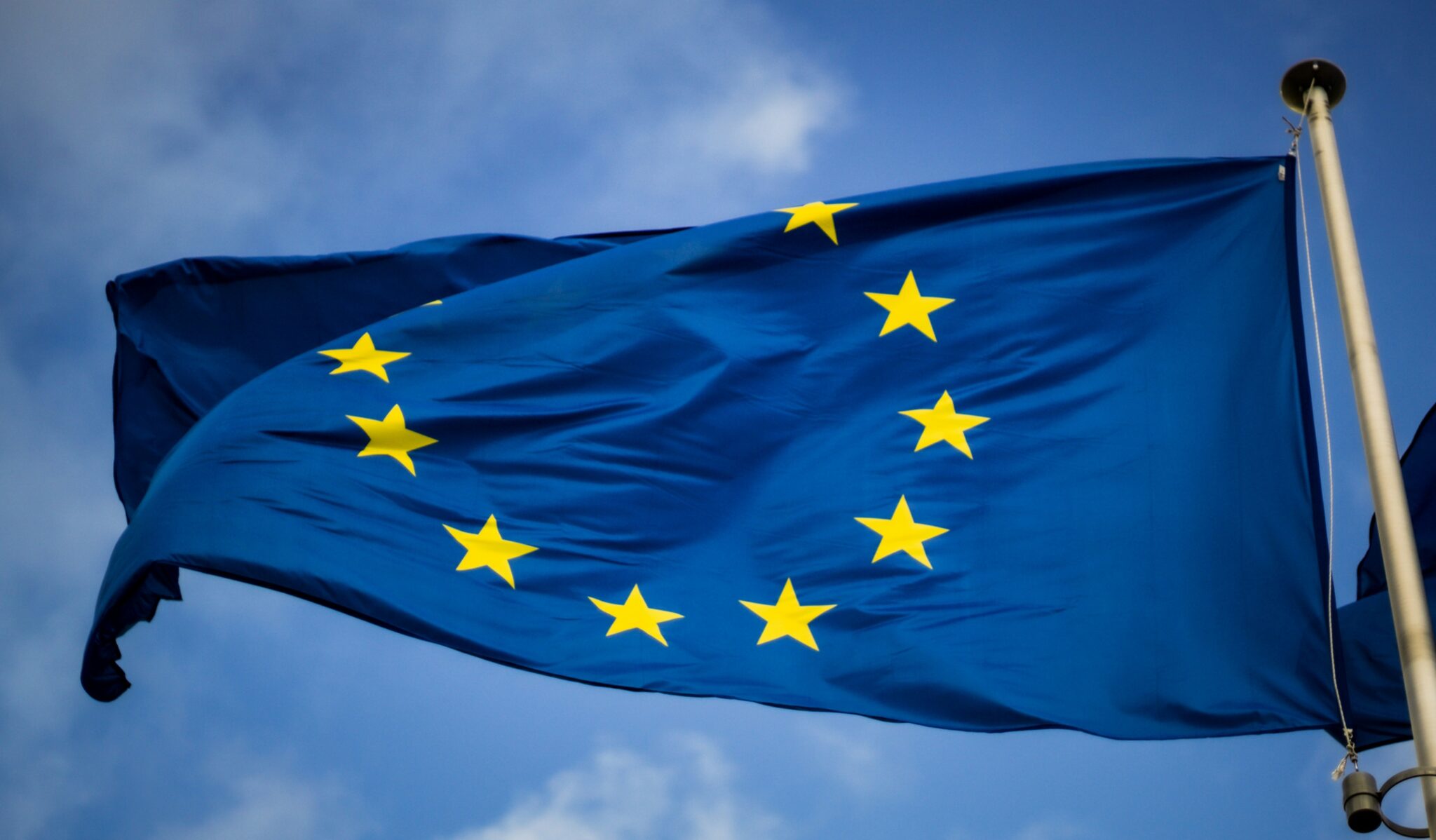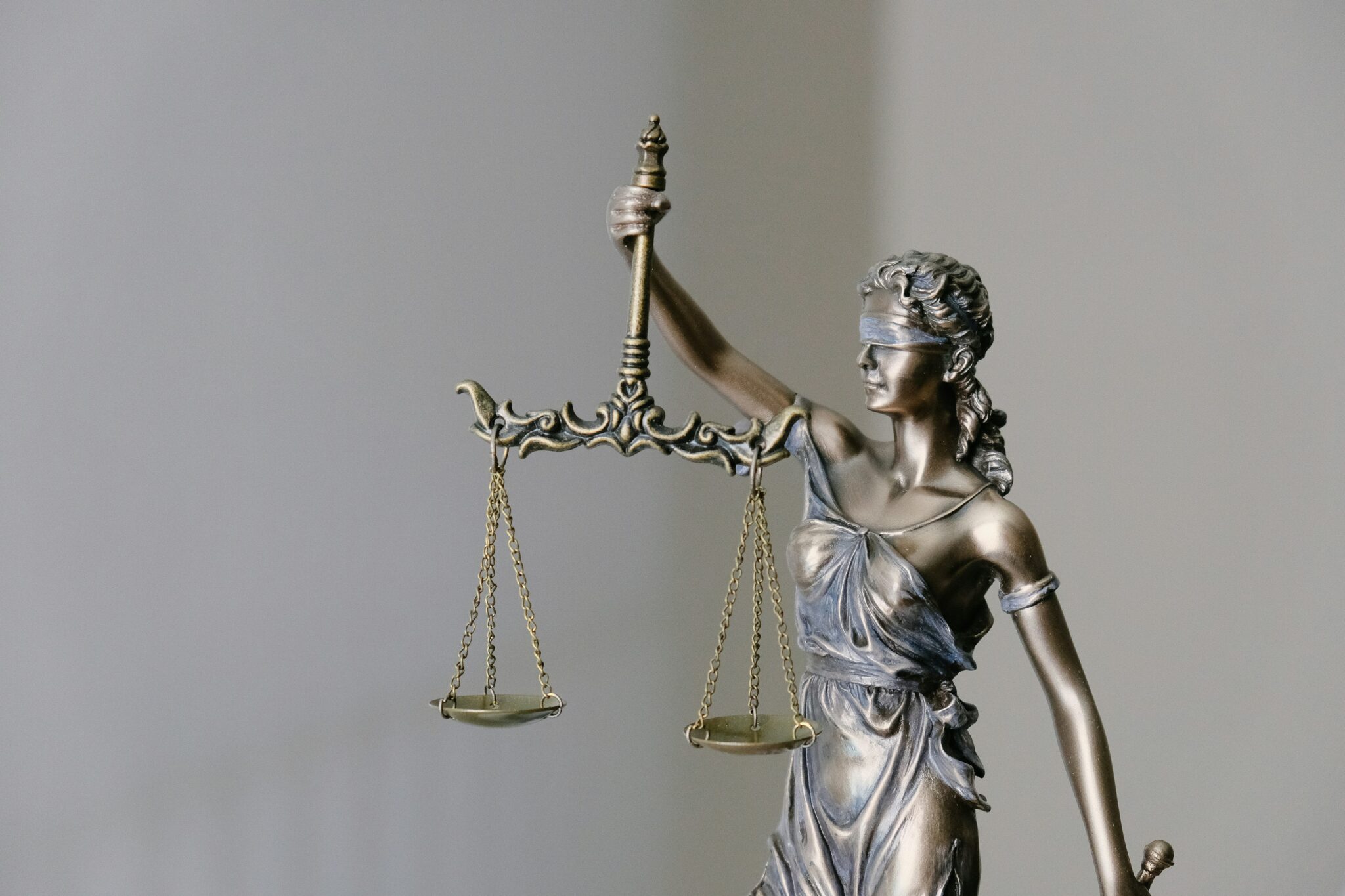Uber Fined $324 Million by the Dutch Data Protection Authority

Uber was fined $324 million by the Dutch Data Protection Authority (DPA) for sharing private personal information of EU drivers to the US without sufficient protection. Let’s dive into the impact of this major fine!
Details of the Case
Uber breached the Dutch data protection agency’s rules when the company stepped outside of the Standard Contractual Clauses from August 2021. According to the DPA, Uber collected “account details, taxi licenses, location data, photos, payment details, identity documents, and criminal and medical data — and stored them on US servers without using proper “transfer tools” for transferring data outside of the EU.”
However, Uber has ended the breach by abiding by another data protection agreement as of last year, which now qualifies to the GDPR’s data protection standards.
Dutch GDPR Chairman’s Take
Aleid Wolfsen, the Chairman of GDPR (General Data Protection Regulation), stated that, “In Europe, the GDPR protects the fundamental rights of people, by requiring businesses and governments to handle personal data with due care.” These measures are very important to European citizens as they protect their personal data, and therefore their lives.
Wolfsen believes that measures to monitor data privacy by countries outside of the European Union are not up to the GDPR’s standards. This is why many businesses in the US have to take extra measures to protect user data if they choose to do business in the EU. Like many other US businesses, Uber did not qualify.
Uber’s Statement
Uber released a statement claiming that the fine that was released was unjustified. The company argues that “Uber’s cross-border data transfer process was compliant with GDPR during a 3-year period of immense uncertainty between the EU and U.S. We will appeal and remain confident that common sense will prevail.” Uber therefore claims that the company did not deserve the fine.
The Computer and Communications Industry Association

The Computer and Communications Industry Association, which advocates for the rights of tech companies, claims that the GDPR’s laws were not realistic in the current world. They claim that the only way Uber could have abided by the GDPR’s rules was to take a 3 year break while the government substantiated their legal system. The organization makes another point – that the “privacy watchdogs failed to provide helpful guidance during this period of significant legal uncertainty, in absence of any clear legal framework.”
Quick Summary of Uber Fine
- Uber Fine: Uber has been fined $324 million by the DPA for violating the EU’s General Data Protection Regulation (GDPR) by transferring sensitive personal data of European drivers to the U.S. without impactful safeguards.
- What Data Was Transferred? The data transferred included taxi licenses, IDs, location data, photos, payment details, and in some cases, criminal and medical records of the drivers
- Proper Safeguards Have Been Set: Uber has since ended this violation and implemented proper safeguards to protect user privacy, confirmed by the Dutch DPA.
- Uber’s Response: Uber has called the fine “completely unjustified” and plans to appeal, claiming compliance with existing laws.
- Situational Background: This fine follows an earlier $11 million (€10 million) penalty issued by the Dutch DPA for Uber’s improper handling of driver data retention and access requests, which derived from an investigation triggered by a complaint from 170 French drivers.
Looking Forward
The $324 million fine against Uber is a wake-up call about the seriousness of data privacy in the EU. It shows that European regulators are not backing down when it comes to enforcing GDPR rules, especially when they involve sensitive personal data. While Uber argues that the fine is unfair and plans to appeal, this situation highlights the challenges international companies face in navigating different data protection laws. It also raises questions about how well privacy standards are being met globally. For companies operating in the EU, this serves as a strong reminder to prioritize data protection or face significant consequences.









